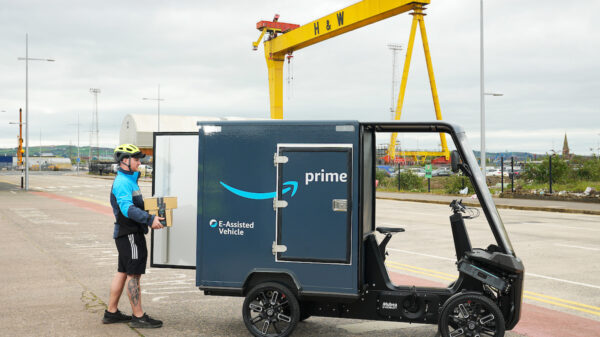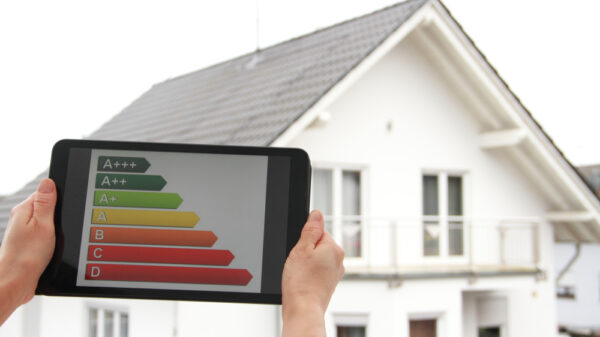A new Google Maps update is set to contain data to help businesses and cities map and mitigate environmental impact.
The update will apply artificial intelligence (AI) and machine learning, along with aerial imagery and environmental data, to provide up-to-date information about solar potential, air quality and pollen levels.
Google vice president Yael Maguire said the update will allow businesses to access “comprehensive and up-to-date environmental information to develop sustainability products and help people adapt to the impacts of climate change.”
The new Google Maps Solar API uses mapping and computing resources to make detailed rooftop solar potential data available for more than 320 million buildings across 40 countries. Businesses such as solar installers will be able to see how much sunlight buildings receive before visiting the area.
Subscribe to Sustainability Beat for free
Sign up here to get the latest sustainability news sent straight to your inbox everyday
Google Map’s Air Quality API will show air quality data, pollution heatmaps and pollutant details for more than 100 countries around the world. The data will be calculated by looking at live traffic information to analyse car congestion which will then predict different pollutants using AI.
The Air Quality API “offers companies in healthcare, auto, transportation and more the ability to provide accurate and timely air quality information to their users, wherever they are,” commented Maguire.
The third and final Google Maps update will show current pollen information for the most common allergens in over 65 countries.
The Pollen API provides localised pollen count data, heatmap visualisations, detailed plant allergen information, and actionable tips for allergy-sufferers to limit exposure in over 65 countries.
Maguire said that with the Google Maps update, “companies that want to help people make healthier decisions have access to data-based insights.
“For example, a travel planning app can use this pollen information to improve planning for daily commutes or vacations,” he added.















